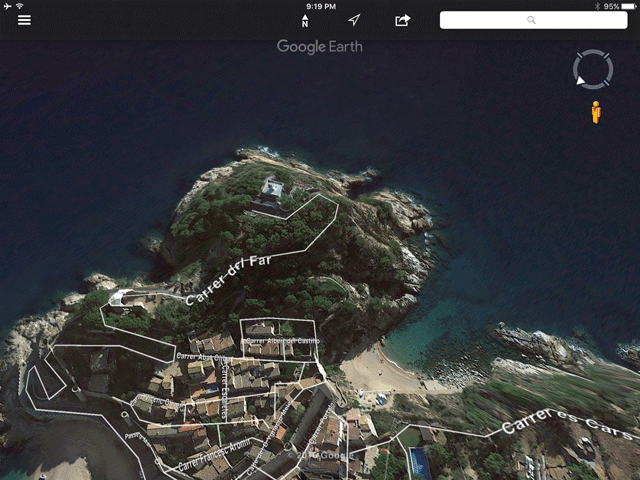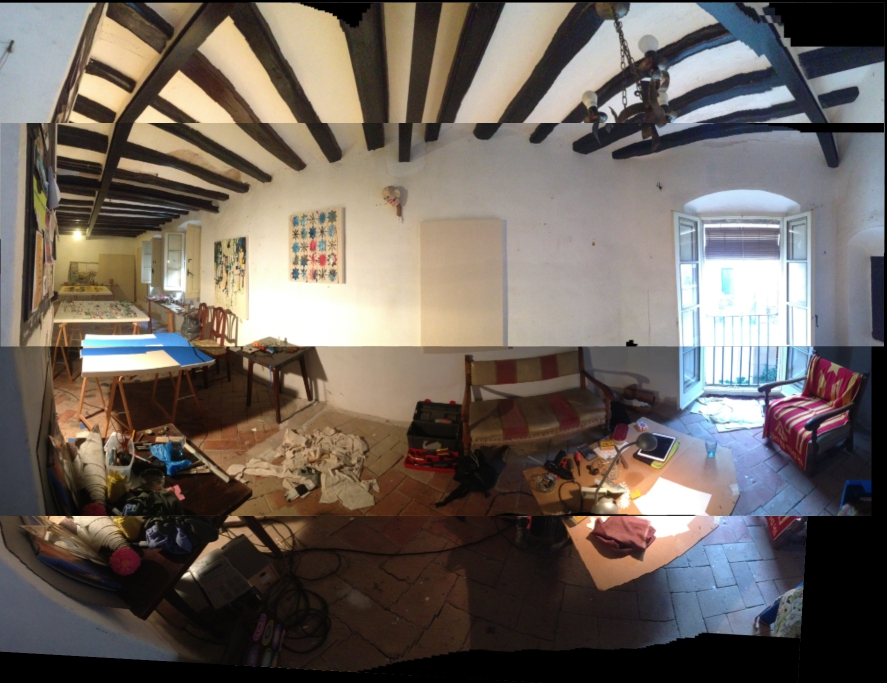August 23, 2016
Round Cap Tossa
3 creatures rarely seen, while snorkeling round Cap Tossa:


August 21, 2016
Carrying Capacity
EconTalk host Russ Roberts talks to Chuck Klosterman, author of But What If We're Wrong. You can listen to the podcast here.
Highly recommended.
One of the fundamental questions posed by Klosterman's project is, why do so many things we're so sure about today turn out to be wrong? How does he answer this question? Do you think our power to predict is better or worse than Klosterman suggests?I don't want to sing arias about this at the moment, of all the thoughts that this conversation provoked for me. This post is a thumbtack on a bulletin board, after all. May it suffice to say that I've long favored the idea that the conveyance of specific meaning in art in any current moment is of less importance than making art that has the carrying capacity for meaning in as many generations in the future as possible. Some consequences come to mind:
- A precondition of this is that the artist should have a regard for art history and cares about writing the subsequent chapter of it.
- Every generation sorts through the previous ones and salvages what is relevant to their time... knowing al the while that no one can predict what will be deemed relevant to future generations.
- Although the two points together above might suggest a nullification of "carrying capacity", I suggest instead that both are strung together in tension.
- If you want to be found interesting in mind and oeuvre, then you have to be interested.
- One factor not talked about in the podcast is the exponential growth of culture over time, the sheer magnitude of its dimension that has grown so far and will grow further in time. Signal to noise ratios become an issue of concern.


